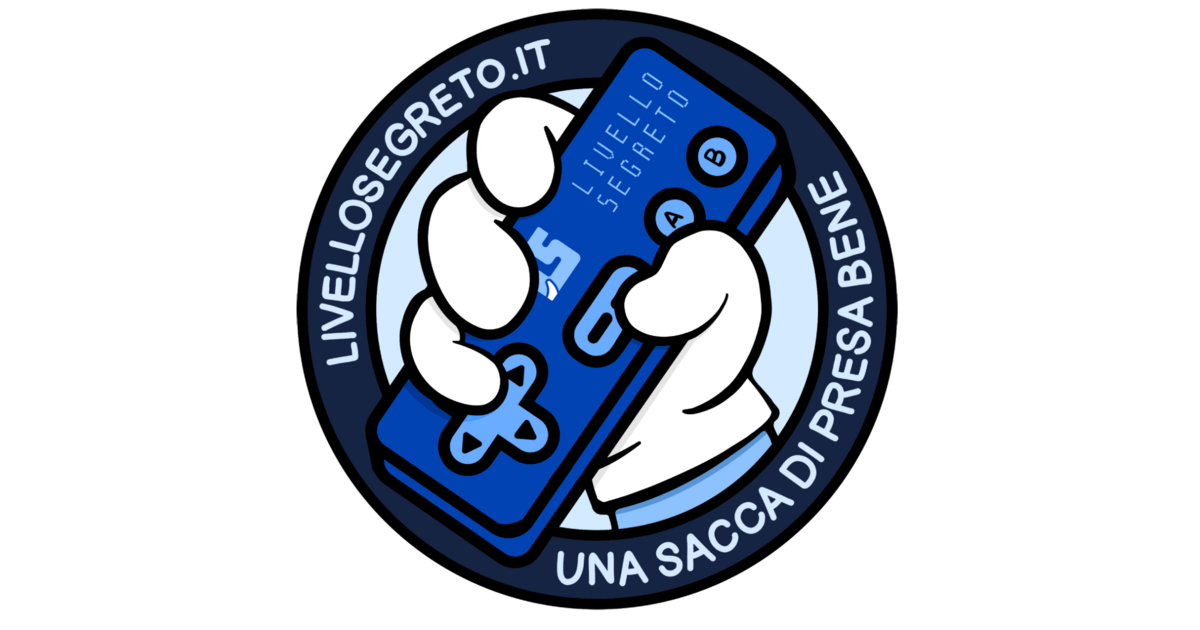The Beautiful Messiness of Being Human: Exploring Emotions, Mind, and Connection
#EmotionalContagion #BrainPlasticity #CognitivePsychology #HumanExperience #Jung #Existentialism #Psychoanalysis #MentalHealth #MindBodyConnection #HumanCondition #Curiosity #Connection #MentalWellness #PersonalGrowth #EmotionalIntelligence





